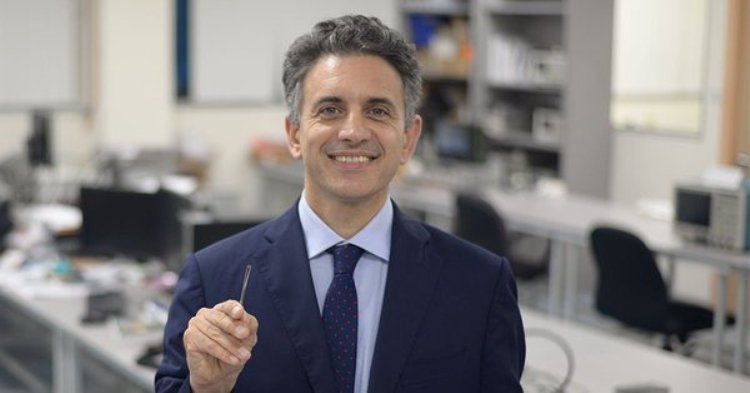NUS researchers invent smart microchip that can operate without batteries
The team’s ultimate vision is to completely eliminate the need for batteries in IoT devices, which will be a major step towards the realisation of Singapore’s Smart Nation vision, as well as the IoT vision worldwide.

- Country:
- Singapore
Over the past few years, the IoT (Internet of Things) market has been growing at a significant pace with the growing penetration of Internet connectivity, the increasing adoption of cloud platforms and other network technologies.
IoT devices are often deployed on a massive scale and in remote places that are difficult to service regularly, thus demanding extreme power efficiency. One of the key challenges with the IoT devices is that they cannot operate without a battery, and battery miniaturisation often results in highly discontinuous operation.
To address this technology gap, a team of engineers from the National University of Singapore (NUS) has developed an innovative microchip, named BATLESS, that can continue to operate even when the battery runs out of energy and self-start under dim light using a tiny on-chip solar cell that is about half a square millimetre in size. Power can also be provided from other forms of energy available from the environment, such as vibration or heat.
BATLESS can operate at two different modes simultaneously:
- Minimum-energy: This mode maximises the battery life when battery energy is available.
- Maximum-power: When the battery is exhausted, the chip switches to the minimum-power mode, which is about a billion times smaller than the power consumption of a smartphone during a phone call.
The chip’s ability to switch between minimum energy and minimum power mode translates into aggressive miniaturisation of batteries from centimetres down to a few millimetres.
“The BATLESS microchip covers a very wide range of possible energy, power, and speed trade-offs, as allowed by the flexibility offered through the two different modes,” said Associate Professor Massimo Alioto, leader of the NUS research team.
The team’s ultimate vision is to completely eliminate the need for batteries in IoT devices, which will be a major step towards the realisation of Singapore’s Smart Nation vision, as well as the IoT vision worldwide.










